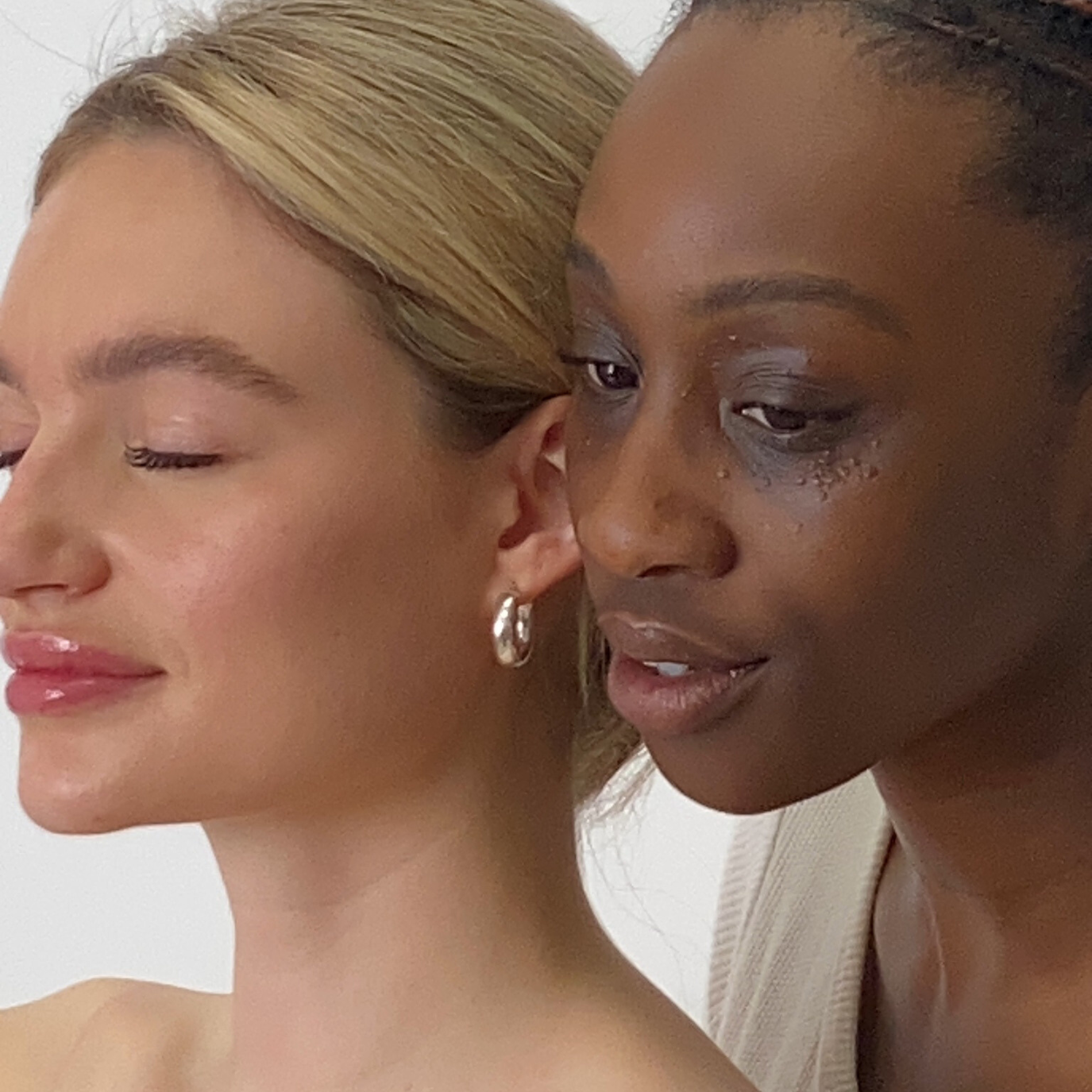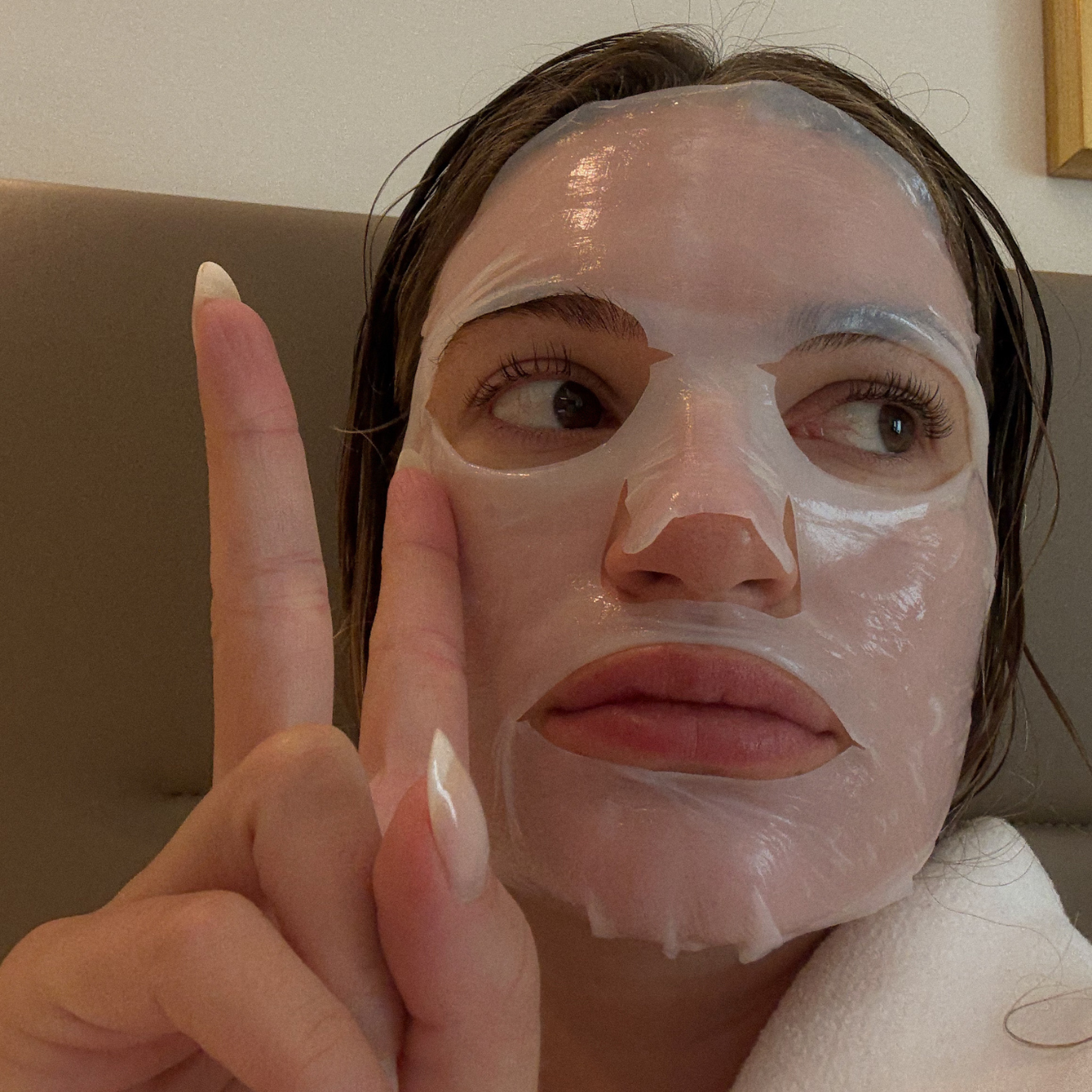
Is AI the New Aesthetician?
Let’s get one thing straight: your skin is not an algorithm.
In a world where chatbots diagnose, filters “analyze” pores, and TikTok claims your camera can tell you what cleanser to buy, I think it’s fair to ask if we should completely trust AI with our skin. The short answer? Not entirely! The longer one is, the more interesting it gets.
While artificial intelligence can identify patterns, skin health isn’t just a pattern; it’s a story. And every story requires a narrator who can understand and listen.
As we all know, AI is everywhere these days; it’s recommending your next serum, predicting your breakouts, and even designing routines based on a few selfies. It’s quick, efficient, and feels like something out of the future. Who wouldn’t want to skip the confusion of endless products and go straight to the perfect routine?
But here’s the catch: AI doesn’t see you, talk to you, or understand how your skin feels. It can’t sense that tightness, a tingly reaction after a new serum, or how your stress, sleep, hormones, and diet are showing up on your face this week. It doesn’t know that what looks like “oiliness” or “redness” in a photo might actually be a damaged barrier.
Skin isn’t static. It changes with seasons, with moods, with life. AI sees a moment; however, your aesthetician sees a pattern through time.
AI’s strength lies in data: analyzing thousands of photos, comparing conditions, and finding correlations. That’s impressive, but it’s also incomplete because real skin care always starts with a conversation and human observation at different angles (and without make-up).
At Boutique Skin Envie, our Glow Lab virtual consultations begin with many questions that no app (to date) ever asks, for example: How do you feel in your skin? What’s changed in your life recently? What is your morning and evening routine (your actual routine, not the one you wish you had)? What products are you currently using (including essential details like brand name and specific product identity)? What’s your diet like? How well do you sleep? How much water do you drink daily? What shampoo and conditioner do you use? How often do you change your pillowcase? Do you get facials? Are you on any medications? If so, which ones? These questions open doors that AI and/or a camera have never done (yet).
The truth is, good skin advice isn’t just about noticing redness or dryness; it’s about understanding the full context. Your redness might not be rosacea. It could be product overload, stress, medication, or a new supplement. AI can’t see these connections because it doesn’t live in your skin or your life.
We’ve all seen those AI-generated skincare routines that look good on paper but don’t work well in practice. Putting the right product on the wrong skin barrier can cause more harm than good. Technology doesn’t sense fatigue, stress, or that subtle dullness caused by burnout. But, humans do!
A trained skin professional can detect tone changes, texture shifts, and emotional cues… things that even the most advanced algorithms can’t (yet) interpret. More importantly, they can listen without judgment.
That’s why, even in our digital world, Boutique Skin Envie values honest, genuine conversations. Our virtual consultations aren’t robotic; they’re intuitive, and we take our time because we care. They’re about understanding your skin, hearing your story, and building something together rather than just delivering a “routine.”
With that in mind, AI certainly has its advantages. It’s excellent for organization, research, and pattern recognition. It can assist with learning, enhance product recommendations, and forecast outcomes over time. However, it’s also based on data that can be biased, limited, or simply inaccurate. Lighting, filters, and skin tone differences can influence results. Algorithms are only as intelligent as the information they receive. So, while AI might suggest what generally works for people with your “type,” it won’t necessarily grasp everything happening with you, like that you just returned from vacation, that you’re trying retinol again, or that your stress level is at an all-time high.
So please remember, your skin doesn’t fit into a formula. It needs observation, intuition, and care.
The brightest future in skincare isn’t AI replacing aestheticians, it’s AI supporting them. Imagine tools that help track progress, maintain consistency, or simplify data collection… while humans interpret the insights behind the numbers.
At BSE, we love innovation. However, innovation without empathy is merely noise. The future belongs to those who use technology mindfully as an enhancement, not a replacement. Our philosophy is straightforward: great skin begins with connection. While technology can provide data, only humans can offer understanding.
And, while AI may predict your next breakout, it won’t hold space for your skin story, your journey, or your self-confidence. So when you’re tempted to hand over your skin to an app, pause. Ask yourself: do I want data, or do I want experience and wisdom?
Your skin deserves a listener, not a code; a conversation, not a calculation. And at Boutique Skin Envie, that’s what we’re here for. Your skin isn’t artificial, and neither is our care.
Until next time,
Beate











Leave a comment